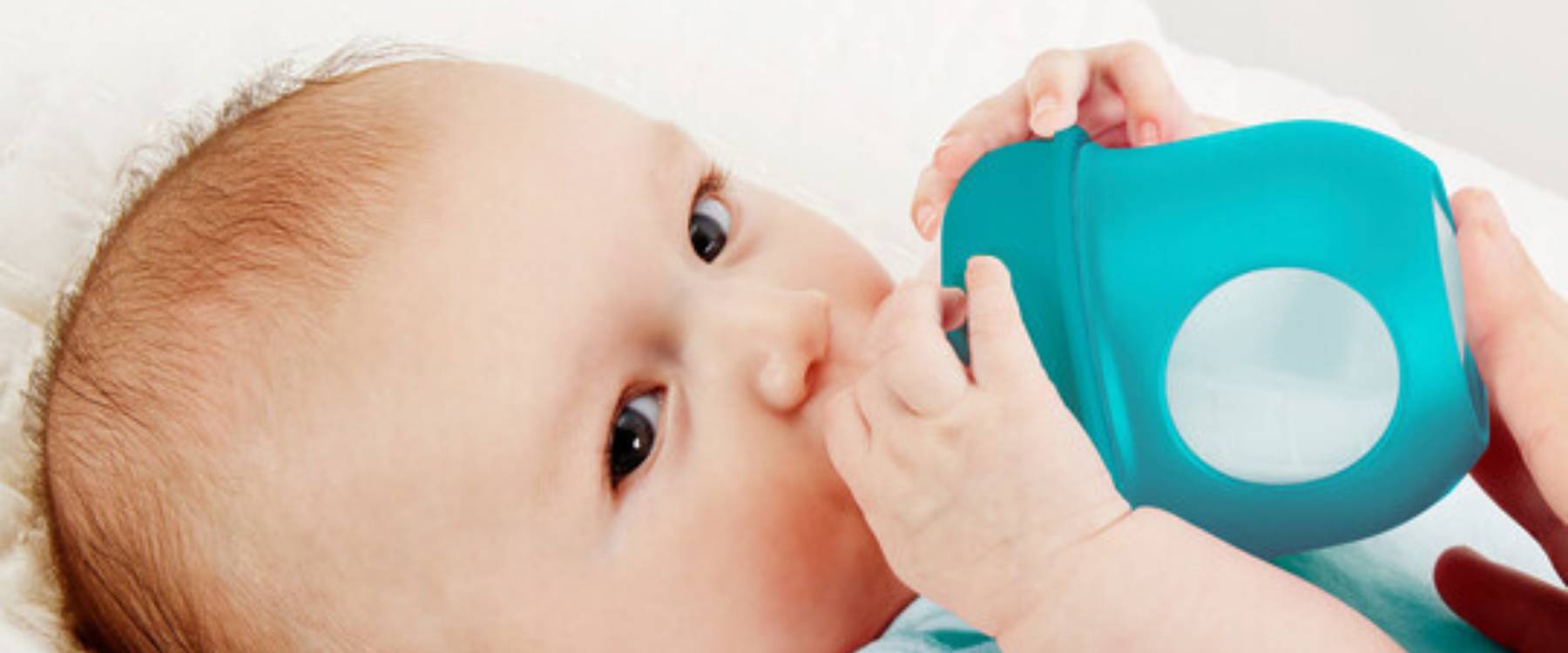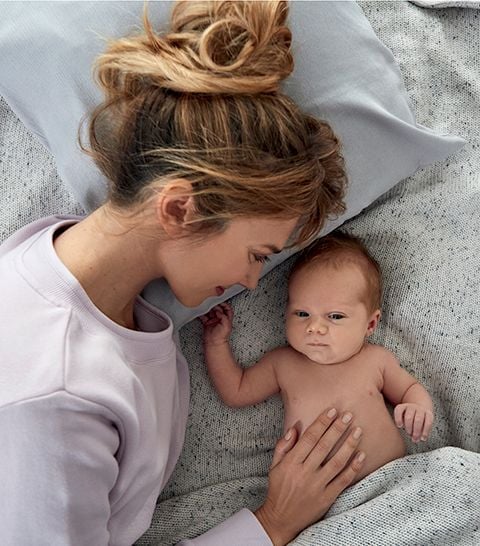Hydration for Infants
For adults, water is the most hydrating drink. The importance of which is taught and reiterated throughout our lives. After all, it quenches our thirst and keeps our body functioning in a smooth manner. However, for babies less than a year old, water is not needed like grown ups do. They get their necessary hydration from breast milk or formula.
Why Babies Under 6 Months are Not Given Water?
Infants get all the nutrients and hydration from breast milk or formula, even during hot weather. If water is introduced at such a young age, they will drink less milk. This may hinder their growth. Giving your infant lots of water or diluted formula can also make them sick. This is because a high amount of water will affect the concentration of nutrients in your baby’s blood, which can be fatal.
Risks of Drinking Too Much Water at Infancy
An increased level of water in a baby’s body can lead to imbalance in sodium levels that can cause seizures, brain damage, coma and even death. And water intoxication in babies can lead to confusion, nausea, difficulty in breathing, weakness and drowsiness. Consult your pediatrician immediately if your little one shows these signs.
The Ideal Age to Introduce Water
While breast milk or formula provides the necessary hydration for newborns, the introduction of water becomes relevant as your baby grows. Once your baby is around 6 months old, you can start introducing water in small amounts. Always boil the water first before giving it to your child. Up to 12 months of age, breast milk or formula should be their main drink. At this age, 8 ounces (1 cup) of water a day is enough.
If you’re little have started eating solids, offer water during meal times. This will prevent constipation and teach them how to drink water from a sippy cup.
Signs Your Baby is Ready for Water
1.Physical Development:
- Look for head control: Your baby should be able to hold their head up steadily.
- Sitting up independently: If your baby can sit with minimal support, they may be ready for water.
2.Behavioral Cues:
- Expressing interest: Your baby might show curiosity when seeing others drink or may reach for your water bottle.
What Should Babies Drink When its Hot Outside?
If your baby is younger than 6 months, offer them more breastfeeds/ bottle feeds to maintain optimum hydration levels. Your little one may want to drink more but for shorter periods of time. Breastfeeding mothers should make sure they drink sufficient water themselves. Babies with 6-8 wet nappies in 24 hours are properly hydrated.
Signs of Dehydration in Babies
In case your little one is showing any of the below signs, their hydration levels are low.
- Less than 6 wet diapers in the last 24 hours
- Dark yellow urine
- Cracked lips
- Tearless crying
- Dry skin
- Extreme fusiness
- Unusual sleepiness
- Cold hands and feet
Water for Growing Babies
As your little one grows, their water intake will increase. Between 1 to 3 years of age, babies should drink up to 4 cups of liquid a day. During this transitional period, your child will need both, breast milk/ formula and water. Encourage them to drink more water using creative ways such as fancy water bottles designed with cartoon characters, making creative ice cubes and popsicles, offering fruits and vegetables with high water content and flavoring water with fresh fruits.
Other Frequently Asked Questions
-
Can I Give Tap Water? Use filtered or boiled water to reduce the risk of contaminants, especially if your water source has not been tested for safety.
-
What About Juices? Avoid introducing fruit juices before the age of one, as they can be high in sugar and lack essential nutrients.
In conclusion, the introduction of water to your baby's diet is an exciting milestone, but timing is key. Always consult with your pediatrician before making any significant changes to your baby's diet. Remember, every baby is unique, and readiness cues may vary. Mamas & Papas is here to support you on this incredible journey of parenthood.









